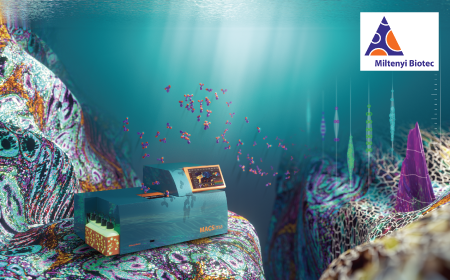Scaling non-viral cell therapy approaches for solid tumor treatments
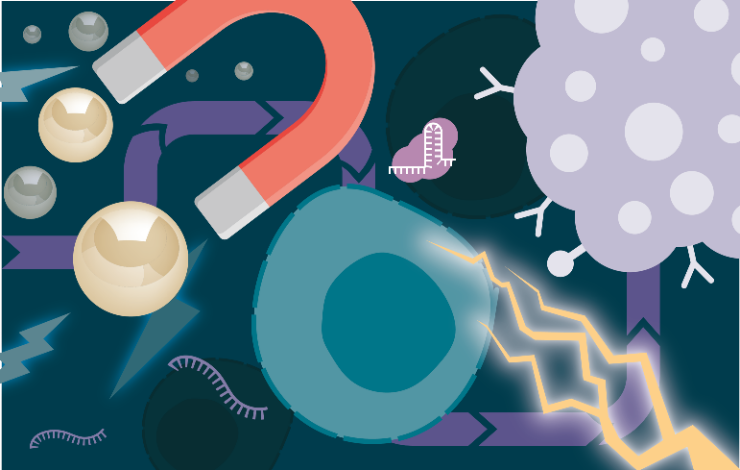
The need for standardization and high manufacturing success rates are critical drivers of innovation in cell therapy. Thermo Fisher Scientific has built a fit-for-purpose portfolio of modular instrumentation platforms designed to support closed, large-scale cell manufacturing. Importantly, this enables automation of the end-to-end manufacturing workflow, starting from cell isolation and activation, through to genetic-modification and expansion.
Automation of the isolation and activation steps ensures that the manufacturing workflow will be closed at the outset of the process. The Gibco™ CTS™ DynaCellect™ Magnetic Separation System and consumables are thoughtfully designed to achieve this goal with high precision and in a very timely manner, all while supporting large volumes and large cell numbers.
The subsequent transformation of target cells into a functional therapeutic involves a genetic modification step. There has been a renewed interest in nonviral gene modification approaches as an alternative to viral vectors due to the increased focus on personalized therapies and solid tumors. Non-viral electroporation is emerging as the method of choice, especially given demonstrated efficacy, safety benefits, and flexibility of utilizing CRISPR-Cas9 gene editing. The CTS™ Xenon™ Electroporation System is a closed, modular, large-scale device with full control over electroporation parameters delivering improved transfection, cell viability and recovery. The larger volume MultiShot™ consumable supports sterile processing of up to 2.5x109 cells (a volume of 25 mL), and an OPC-UA interface allows connectivity to a 21 CFR Part 11–compliant system. Given the ease of use and superior performance, this approach has the capability of transfecting a large number of cells in a short time with high efficacy.
PACT Pharma has developed a robust single-step, targeted, non-viral method for the manufacturing of personalized adoptive cells therapies for the treatment of solid cancers (NCT03970382). In this process a neoepitope-specific T cell receptor (neoTCR) is precisely inserted into the endogenous locus while simultaneously eliminating the expression of the endogenous TCR. This results in neoTCR-specific T cells in which neoTCR expression is naturally regulated and not impeded by competition for CD3 by the endogenous TCR. Issues associated with retroviral manufacturing are avoided, including cost and dysregulation from random integration. PACT's single-step non-viral precision genome engineering technology is also highly versatile with the ability to knock-out, knock-down, knock-in, and precisely regulate additional genes in a single step. These modifications have the potential to expand the applicability of T cell drug products and are broadly applicable to a variety of other cellular therapies and research models.
During this webinar, we will discuss these critical innovations to the cell therapy manufacturing workflow. Key highlights from our speakers include:
- Scaling and automating the cell therapy manufacturing process (Evan)
- Safety, regulatory advantages, and performance of nonviral transfection for cell therapy (Nektaria)
- A highly efficient non-viral precision genome engineering process to manufacture personalized cell therapies for solid tumors (PACT Pharma)
You might also like
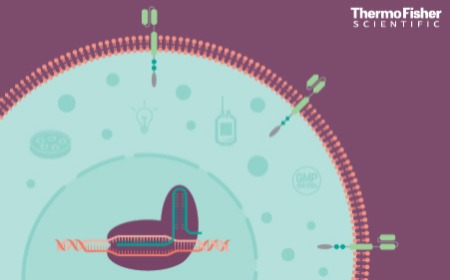
Clinical-scale non-viral gene edited CAR-NK cells for cell therapy
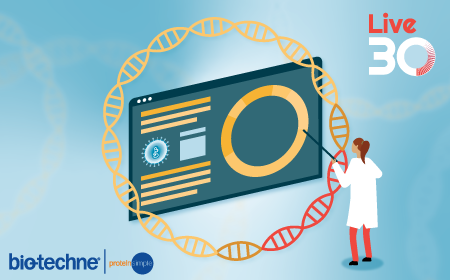
Overcoming the limits of lentivirus: de-risk cell therapy development with non-viral genome engineering
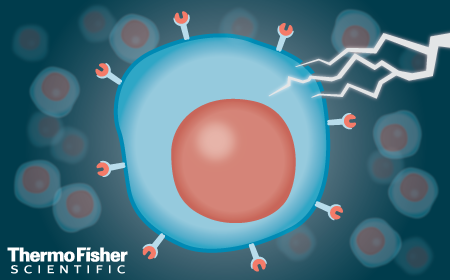
Enhancing CAR-T cell generation: optimizing non-viral engineering of resting T cells for improved cancer immunotherapy
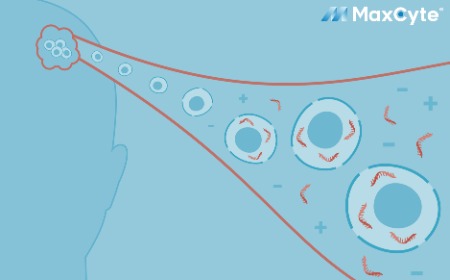
Development of a non-viral gene delivery platform for CAR-T manufacturing
